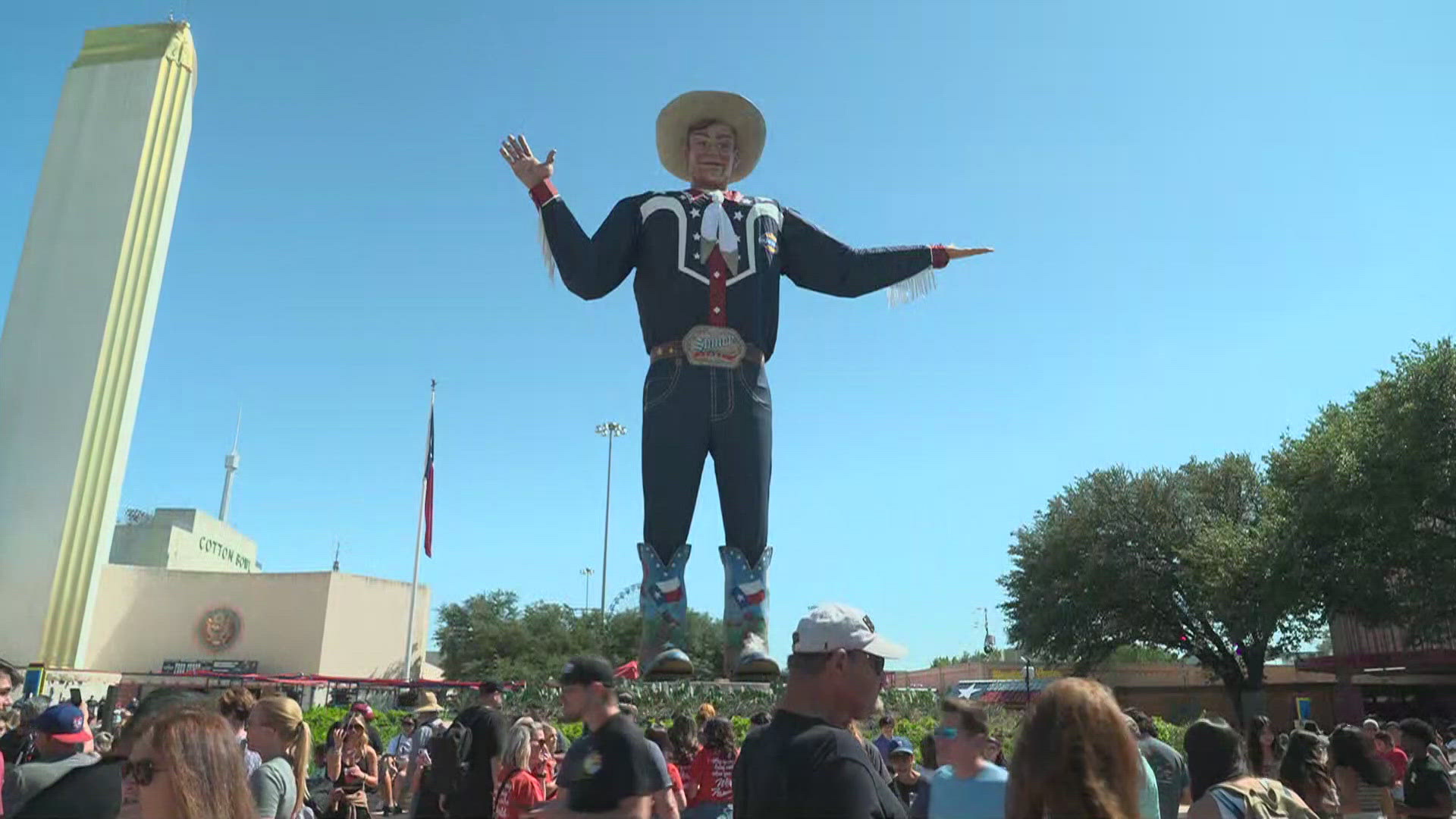LOCKHART - Ronald Wingard, who has been ranching in Central Texas all his 72 years, was suspicious recently when he noticed an empty spot in his pasture where a haystack used to be.
"Did you take that bale from right there?" he asked his son, who eyed him as if he might be suffering from sunstroke.
Turns out Wingard was right. The hay was gone. Over the next few days, several more of his 1,700-pound bales vanished.
"It got real serious real quick," said his son, Tommy Wingard, 46 years old.
To the many ills being wrought by a brutal drought in Texas, add this: hay rustling. Searing summer temperatures and a lack of rain have turned pastures here brown and crunchy, depriving cattle of the green grass they usually live on this time of year. That has made hay a precious commodity.
So precious that hay theft has become a growing concern. Bob Gott, who manages about 400 cattle in Caldwell County, said it is a sign of the times "when people start counting their hay like they count their money."
Stolen-hay reports are still sporadic: In a pasture dotted with hundreds of rolled bales, it is hard to notice when one disappears here and there. But there have been enough incidents that law enforcement officials in several Central and South Texas counties have stepped up their vigilance in monitoring hay fields. Here in Caldwell County, just south of Austin, the case of the Wingards' purloined hay was solved in the dead of a late July night.
"I know times are hard," said Caldwell County Sheriff Daniel Law. "But that doesn't give anybody the right to steal hay."
Most commonly Coastal Bermuda grass, hay is usually plentiful and cheap.
Big, machine-rolled bales of it punctuate pastures along country roads throughout America, resembling the iconic haystacks of old. Up to six feet tall and weighing nearly a ton, the bales normally would go for about $30.
Deputies took shifts staking out the Wingards' field.
At 3:15 a.m., they nabbed Anne Dunn, age 59, loading up her bale buggy. She was charged with misdemeanor theft.
Dunn, a local rancher, denied stealing. She said she had been scammed by someone who claimed to own the hay and sold it to her for cash.
Tom Benning,
The Wall Street Journal

